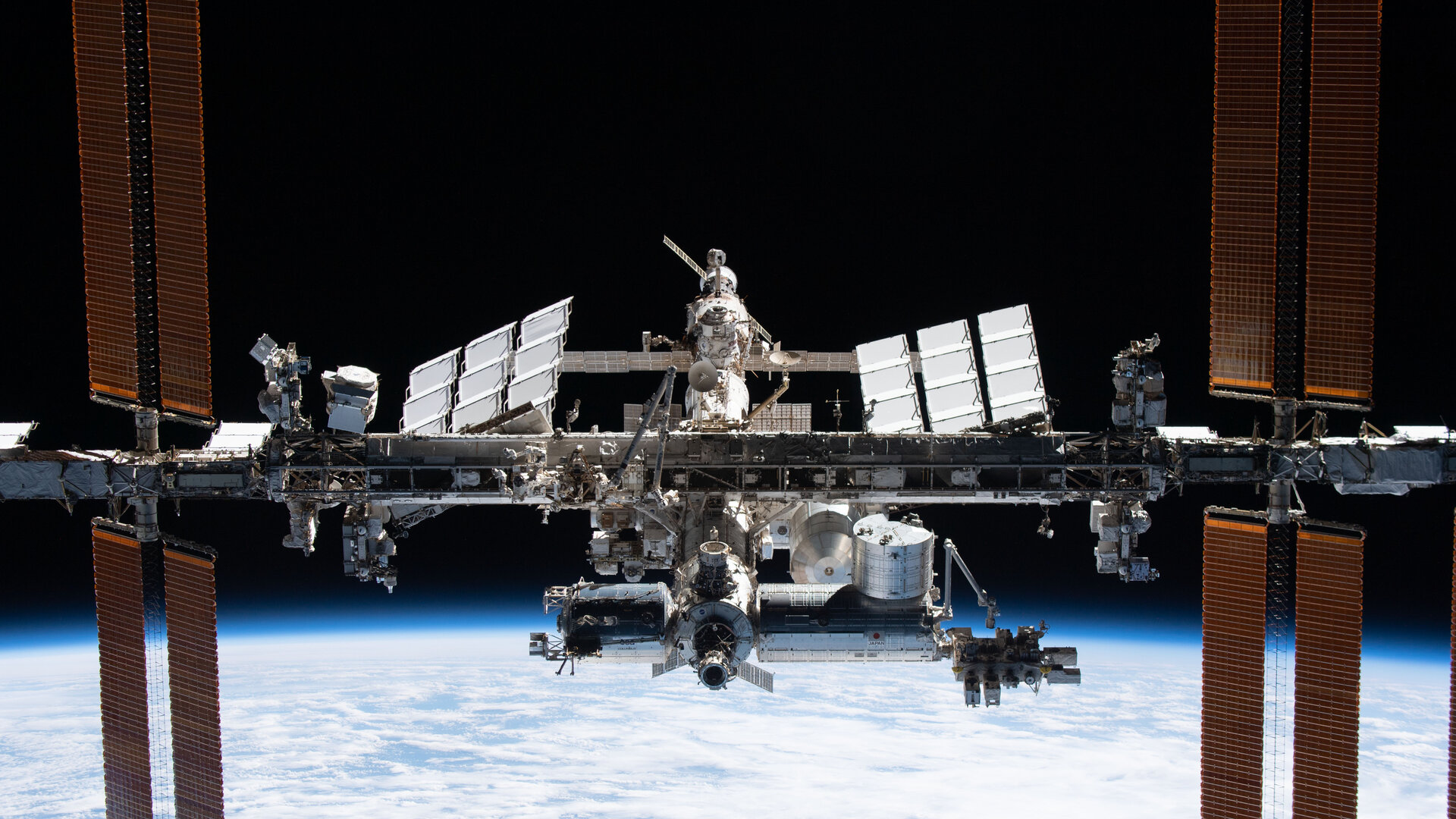
For over two decades, the International Space Station (ISS) has stood as a testament to international collaboration and scientific advancement.
But this iconic symbol of human ingenuity in space is nearing the end of its mission. Within this decade, it will be decommissioned, making way for a new generation of privately-owned space laboratories.
A Symbol of Science Diplomacy
The ISS was born from an extraordinary vision: former Cold War rivals, the United States and Russia, joining forces to build a massive space laboratory.Its legacy lies not only in the thousands of scientific studies carried out, ranging from Alzheimer's research to water purification but in the powerful message of unity it signified.
"It's one of the biggest feats of science diplomacy the world has ever seen," says Dr. Somak Raychaudhury, astrophysicist and vice-chancellor of Ashoka University.
Aging Infrastructure and New Horizons
Designed in the 1980s, the ISS is showing its age. The cost of maintenance is high, and technological advancements on Earth warrant a new generation of space stations. "There's no doubt that the ISS needs an upgrade," explains Dr. Raychaudhury.This upgrade will see a change of ownership. NASA is shifting its focus, and private space companies are eager to fill the void. By the end of the decade, Low-Earth Orbit (LEO) could be dotted with research hubs and even space tourism destinations built and operated by private entities.
A Mixed Landscape: Collaboration and Competition
Companies like Axiom Space, Blue Origin, Voyager and others are leading this new space race. Even nations like Russia, India, and China, who have felt excluded from the ISS project, are developing their own stations. This raises questions about the future landscape of space exploration.Scientists like Dr. Raychaudhury express optimism about potential collaborations but also raise concerns about private companies guarding their research.
Historically, space exploration by government agencies has led to groundbreaking technologies shared with the public. In the new privately-dominated era, that might not always be the case.
Benefits and Uncertainties
Multiple space stations offer exciting possibilities for refueling missions to distant planets, greater research capabilities, and training for future astronauts. Yet, there's uncertainty. Will competition overshadow collaboration in this new frontier? Only time will tell.A Bittersweet Goodbye
The ISS, assembled painstakingly over multiple missions, will meet a swifter end. While its retirement marks the end of an extraordinary chapter in human spaceflight, experts like Dr. Raychaudhury are confident: "Science has been better off for it."The ISS leaves a legacy of international cooperation and countless discoveries that have benefited life on Earth. Its successor stations, built by a new generation of explorers, will undoubtedly write the next chapter in the story of humankind's journey into space.
